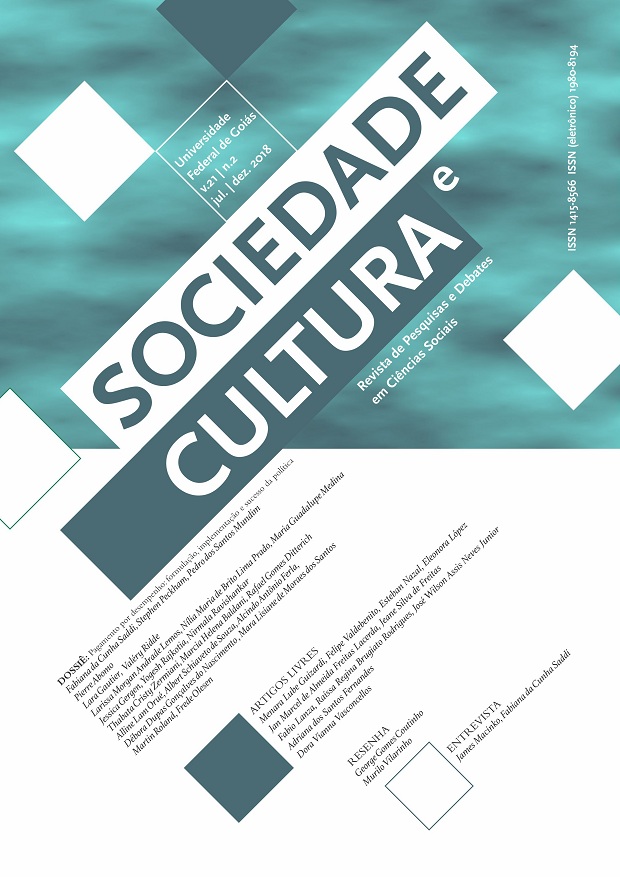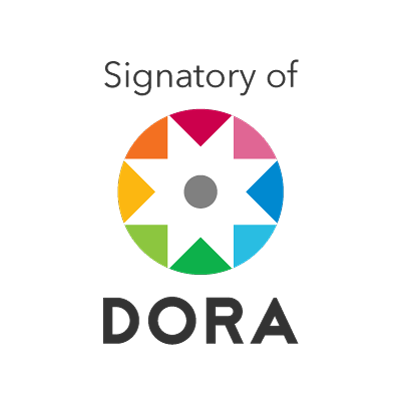Did the learning agenda of the world bank-administrated health results innovation trust fund shape politicised evidence on performance-based financing? A documentary analysis
DOI:
https://doi.org/10.5216/sec.v21i2.56310Palabras clave:
Performance-based financing, Literature review, Documentary analysis, The world bank, Impact evaluation, Politics of evidenceResumen
The World Bank, co-funded by Norway and the United Kingdom, created and managed an innovative financing mechanism, the Health Results Innovation Trust Fund (HRITF), to support performance-based financing (PBF) reforms in low- and middle-income countries. From its inception in late 2007, until the closing of fundraising in 2017, it has carried out a wide range of activities related to experimenting PBF. In conjunction with the World Bank, which positioned itself as a “learning organisation”, donors have pushed the HRITF towards developing a specific learning agenda for documenting the policy impact of PBF. This learning agenda has been primarily based on impact evaluations of PBF pilot programmes. As a new body took over the HRITF’s portfolio (Global Financial Facility),
a documentary analysis of this learning agenda is timely. Building from public policy concepts that have been applied to social and health policy, and knowledge translation literature, we examine the learning agenda implemented by the HRITF over these 10 years. Our data includes documentation and publications (N=35) on HRITF and from the HRITF online platform. Results indicate that on several fronts, the HRITF shaped some form of politicised knowledge, notably in the ways country pilot grants were designed and evaluated. Some of its learning activities also provided opportunities for a transformative use of knowledge for World Bank staff as well as national implementers and policymakers. We also provide reflections about the HRITF’s preferred approaches to produce knowledgeand learn.
Descargas
Descargas
Publicado
Cómo citar
Número
Sección
Licencia
Autores/as que publican en esta revista están de acuerdo con los siguientes términos:
- Autores/as mantienen los derechos autorales y ceden a la revista el derecho de primera publicación, siendo el trabajo simultáneamente licenciado por la Creative Commons Attribution License, lo que permite el compartir del trabajo con reconocimiento de autoría y de la publicación inicial en esta revista;
- Autores/as tienen autorización para asumir contratos adicionales separadamente, para distribución no exclusiva de la versión del trabajo publicada en esta revista (ejemplo: publicar en repositorio institucional o como capítulo de libro), con reconocimiento de autoría y de la publicación inicial en esta revista;
- Autores/as tienen permiso y son estimulados/as a publicar y a distribuir su trabajo en la web (ejemplo: en repositorios institucionales o en su página personal) a cualquier punto antes o durante el proceso editorial, ya que eso puede tener alteraciones productivas, así como aumentar el impacto y la cita del trabajo publicado (véase O Efeito do Acesso Livre).



